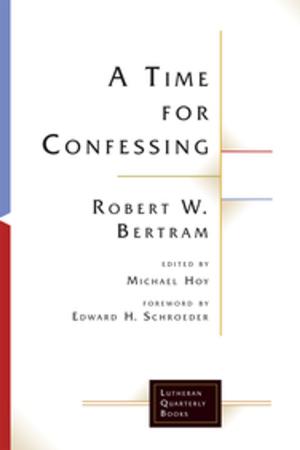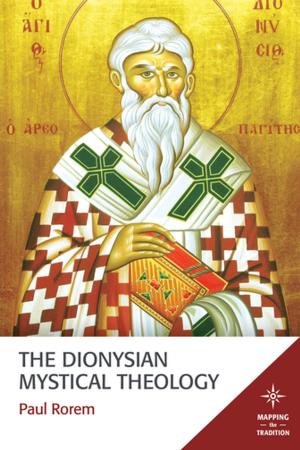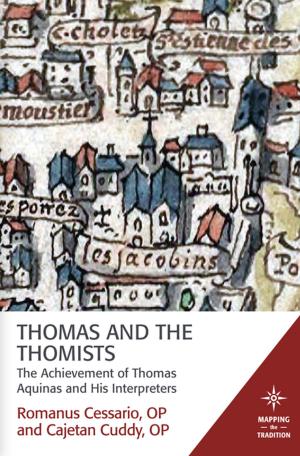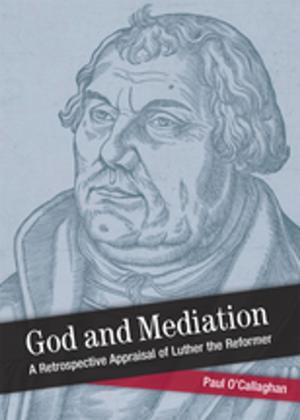The Honeycomb Scroll
Philipp Melanchthon at the Dawn of the Reformation
Nonfiction, Religion & Spirituality, Bible & Bible Studies, Hermeneutics, Criticism & Interpretation| Author: | Gregory B. Graybill | ISBN: | 9781506400457 |
| Publisher: | Fortress Press | Publication: | September 1, 2015 |
| Imprint: | Fortress Press | Language: | English |
| Author: | Gregory B. Graybill |
| ISBN: | 9781506400457 |
| Publisher: | Fortress Press |
| Publication: | September 1, 2015 |
| Imprint: | Fortress Press |
| Language: | English |
Long overshadowed by Luther and Calvin, Philipp Melanchthon (1497–1560) is one of the most important figures in the Protestant Reformation and had profound effect on Western church history. This book gives the most detailed English-language biographical treatment of Melanchthon to date, moving from his historical context and personal origins, through his childhood, education, and early career at Wittenberg during the dramatic events at the dawn of the Reformation (1497–1524).
Establishing the deep geopolitical and religious context of Melanchthon’s early life, the volume then follows Melanchthon to the great halls of humanist learning at Heidelberg and Tubingen, where his studies and teaching career began and his faith was richly fostered. The pivotal moment comes in his appointment to the chair of Greek in Wittenberg where Melanchthon became a great ally and supporter of Martin Luther. Melanchthon’s role as key player in the advocacy for reform expanded through his involvement in the Leipzig Disputation, his visible representation of the evangelical cause in Wittenberg during Luther’s absence at Worms and the Wartburg, and his struggle with the radical wing. The volume closes by looking ahead to Melanchthon’s contribution to the Augsburg Confession of 1530.
Long overshadowed by Luther and Calvin, Philipp Melanchthon (1497–1560) is one of the most important figures in the Protestant Reformation and had profound effect on Western church history. This book gives the most detailed English-language biographical treatment of Melanchthon to date, moving from his historical context and personal origins, through his childhood, education, and early career at Wittenberg during the dramatic events at the dawn of the Reformation (1497–1524).
Establishing the deep geopolitical and religious context of Melanchthon’s early life, the volume then follows Melanchthon to the great halls of humanist learning at Heidelberg and Tubingen, where his studies and teaching career began and his faith was richly fostered. The pivotal moment comes in his appointment to the chair of Greek in Wittenberg where Melanchthon became a great ally and supporter of Martin Luther. Melanchthon’s role as key player in the advocacy for reform expanded through his involvement in the Leipzig Disputation, his visible representation of the evangelical cause in Wittenberg during Luther’s absence at Worms and the Wartburg, and his struggle with the radical wing. The volume closes by looking ahead to Melanchthon’s contribution to the Augsburg Confession of 1530.















